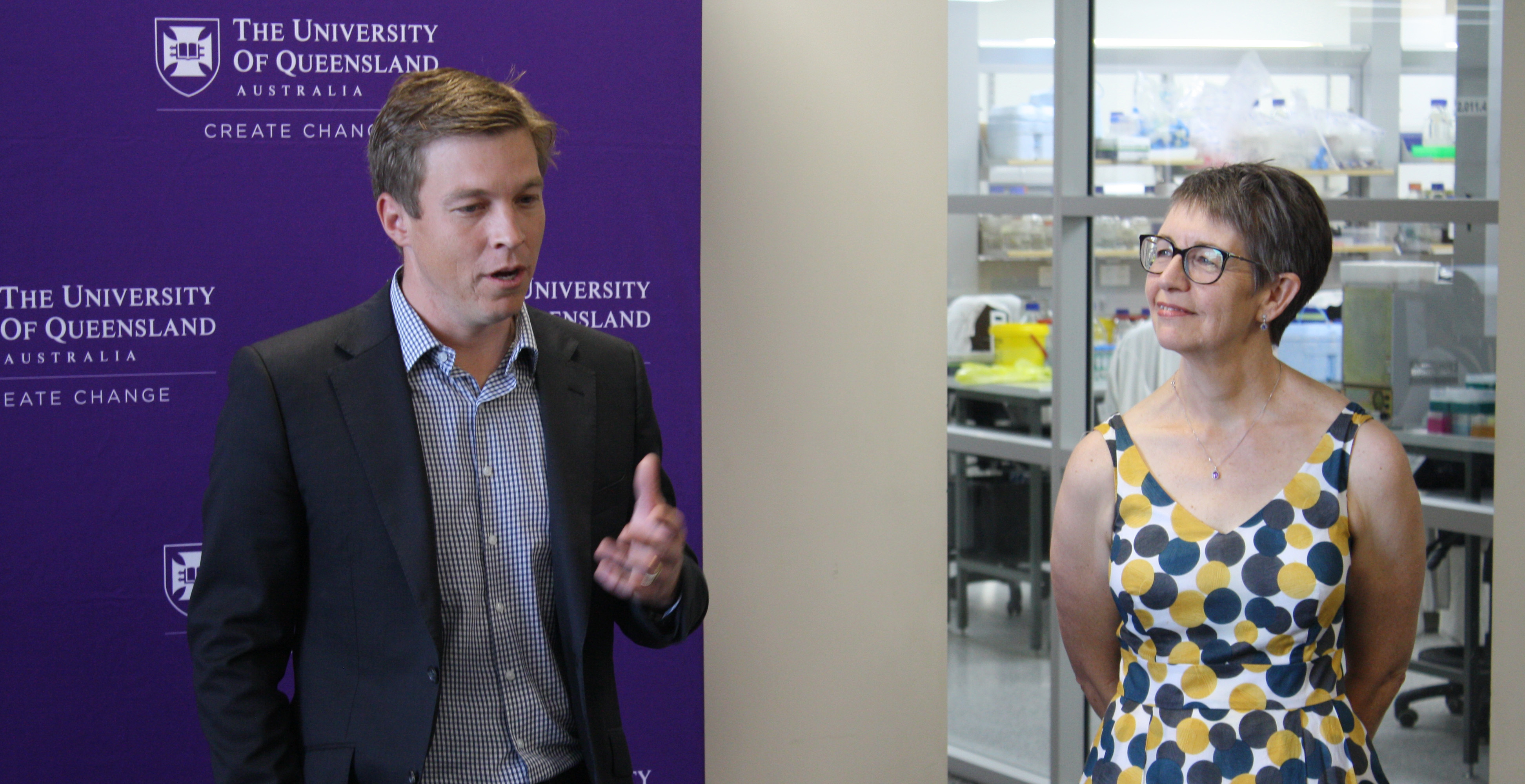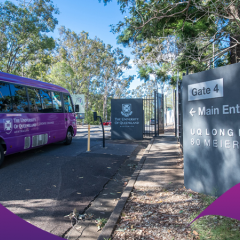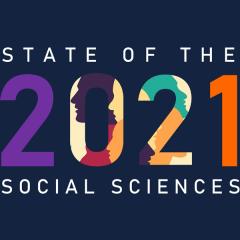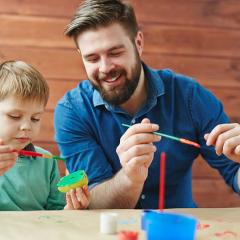Research to help Australian families break the cycle of disadvantage and stop the gap between the ‘haves’ and ‘have-nots’ widening will continue at ISSR.
The Federal Minister for Education Dan Tehan MP in October announced $32.1 million in funding for the Australian Research Council (ARC) Centre of Excellence for Children and Families over the Life Course (the Life Course Centre).

The centre is a collaboration between The University of Queensland, The University of Western Australia, the University of Sydney and the University of Melbourne, and 17 academic and industry partner organisations from Australia, Europe, NZ and the USA.
UQ Vice-Chancellor and President Professor Peter Høj AC said this funding was a reflection of the centre’s strong track record and significant future potential.
“The Life Course Centre was first funded in the 2014 ARC Centre of Excellence round, and today’s announcement of another seven years of funding recognises the innovative and impactful research it is pioneering,” Professor Høj said.
“It is a leader in Australia, and the new Centre will radically expand its research and transform how disadvantage is addressed for individuals and for communities.”
The Life Course Centre will continue to be led out of ISSR by Professor Janeen Baxter and will also include ISSR Chief Investigators, Professor Karen Thorpe, Associate Professor Simon Smith and Associate Professor Abdullah Mamun.
“The centre will focus on transformative research and translation to develop tailored solutions for people suffering from disadvantage in their daily lives,” Professor Baxter said.
“The Life Course Centre will shift the dial by moving beyond averages to develop a more detailed understanding of why disadvantage takes hold in particular places, at particular times, and for particular people.
“We are committed to progressing a science of disadvantage that utilises new technologies and methods to keep pace with societal change so that all children and families have the opportunity to achieve their life potential.
“Bringing together different types of data will deepen our understanding of the mechanisms underlying disadvantage, and enable us to develop personalised and community-based solutions that can make a difference.”



